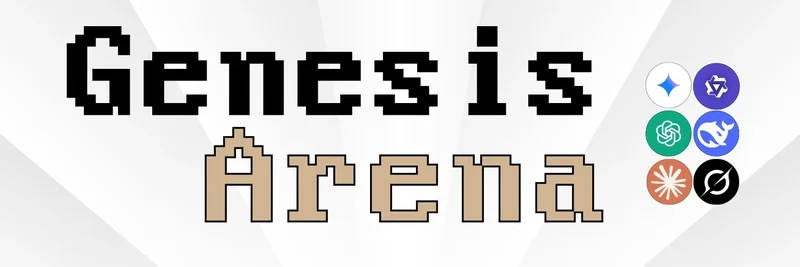In the fast-paced world of crypto, where meme tokens often steal the spotlight with their viral hype and wild price swings, a new drama is unfolding around World Liberty Financial (WLFI). If you're not familiar, WLFI is a blockchain project backed by high-profile figures, including ties to the Trump family, aiming to blend decentralized finance with patriotic themes. It's gained traction as a meme token due to its cultural buzz and celebrity endorsements, but recent events are raising eyebrows about its governance and fairness.
The latest buzz stems from a tweet by BSCNews, highlighting an update from Tron founder and crypto mogul Justin Sun. Sun, who's no stranger to the spotlight himself—having founded the TRON blockchain and been involved in numerous high-stakes crypto ventures—claims his WLFI tokens have been "unjustly frozen." He's calling on the WLFI team to unlock them immediately and respect investor rights. This isn't just a minor glitch; reports indicate that Sun's wallet was blacklisted after he transferred around $9 million worth of tokens to exchanges, leading to a freeze on holdings valued at over $500 million.
For those new to the term, blacklisting in crypto means rendering a wallet address unusable for transactions, often to prevent suspected dumping or manipulation. In this case, WLFI developers apparently took this step to protect the token's price stability, but Sun argues it's an overreach that undermines trust. As he put it in his statement, unilateral actions like this can damage the project's credibility and scare away investors. And he's got a point—meme tokens thrive on community faith and hype, so freezing a major advisor's assets could signal deeper centralization issues.
The fallout has been immediate. WLFI's price dipped sharply to $0.16 at one point, halving its value, before rebounding by about 8% amid the controversy Cointelegraph. This volatility is par for the course in meme token land, where news can send prices soaring or crashing in hours. Sun, an early major investor and advisor to WLFI, emphasized that he has no intention of selling and urged the team to reverse the freeze to maintain transparency and fairness.
This incident highlights a common pitfall in meme tokens: the tension between decentralization ideals and real-world control. While projects like WLFI promote liberty and financial freedom, actions like blacklisting remind us that many still have centralized elements. For blockchain practitioners dipping into meme tokens, it's a reminder to DYOR (do your own research) and understand the risks, especially with politically charged projects.
As the story develops, keep an eye on WLFI—will the team heed Sun's call, or will this escalate into a bigger feud? In the meme token world, drama often fuels the fire, but it can also burn bridges. Stay tuned for more updates on Meme Insider, your go-to hub for all things meme crypto.




